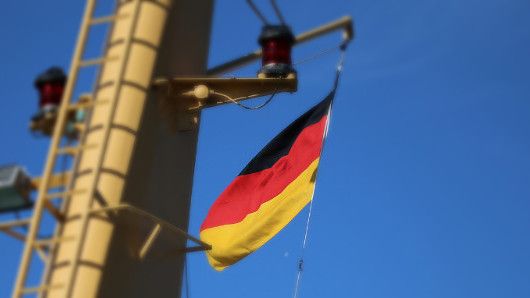
Alterations concerning vessel inspections for CoE

Aggravation in application for German Certificate of Equivalence

German Certificate of Equivalence: Ballast Water Tank Exemption document
IMPORTANT NOTICE: German Certificate of Equivalence

German Certificate of Equivalence
We help workboat clients with the application for the German Certificate for Equivalence.
